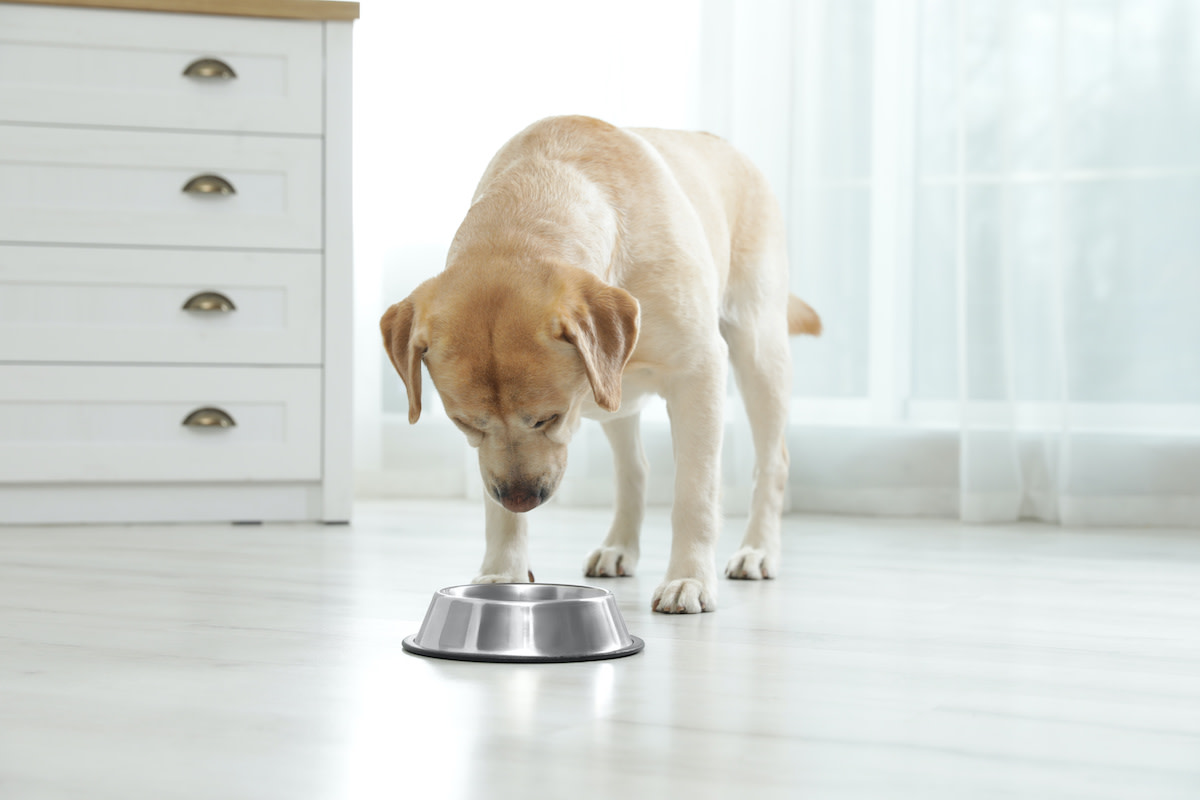Can Dogs Eat Water Chestnuts? Health Benefits and Concerns
Written by MasterClass
Last updated: Apr 20, 2022 • 3 min read
Dogs can eat water chestnuts in moderation. You should always peel water chestnuts and chop them into small pieces to make them easier for your dog to chew. Learn more about the benefits and factors to consider before you offer this healthy treat to your pet.
Learn From the Best
Can Dogs Eat Water Chestnuts?
Water chestnuts are safe for dogs to eat in small quantities, but you should remove the skin before offering the food to your pet. Also, avoid canned varieties with added salt and preservatives harmful to dogs. Despite their name, water chestnuts are not nuts but aquatic vegetables that grow in seed pods in water rather than on chestnut trees. Water chestnuts thrive in warm regions, including parts of Africa, Asia, and Australia. These starchy tubers are a staple of many dishes in Asian cuisine, such as stir-fries, alongside other vegetables like carrots and green beans.
While dogs can eat these starchy tubers and most other chestnuts, dog owners should not feed pets horse chestnuts (also called conkers) due to their toxicity for animals and humans. They have a bitter taste and contain the toxic substance aesculin, which can cause issues for your dog’s digestive system.
3 Health Benefits of Feeding Water Chestnuts to Dogs
Water chestnuts offer many beneficial nutrients to dogs. Water chestnuts are:
- 1. A rich source of vitamins and nutrients: A single water chestnut has many vitamins and minerals beneficial for your dog’s health. They offer nutrients like potassium, manganese, calcium, and pyridoxine (vitamin B6). They also contain omega-3 fatty acids that support your dog’s nervous system and antioxidants like vitamin C that eliminate free radicals.
- 2. Full of fiber: Water chestnuts are a rich source of fiber for your pet, which can help prevent or treat constipation.
- 3. Low in fats and calories: Water chestnuts have a high water content and are a low-fat snack to add to your dog’s diet, though they are also high in carbohydrates. Eating too many carbs can lead to obesity, so offer water chestnuts as an occasional treat, not a replacement for nutritious store-bought or homemade dog food.
3 Considerations Before Feeding Water Chestnuts to Your Dog
While water chestnuts are a healthy treat in moderation, there are a few factors to consider before feeding them to your dog.
- 1. Added ingredients: Canned water chestnuts are high in sodium and may contain other harmful additives or preservatives. Avoid feeding your pet canned water chestnuts, and opt for fresh instead. Too much salt in your dog’s diet can lead to sodium ion poisoning.
- 2. Choking hazards: While the crunchiness of raw water chestnuts is part of their appeal to dogs, cooked water chestnuts are softer and easier to chew. Always cut water chestnuts into small pieces to avoid a choking hazard or intestinal blockage in your pet’s digestive tract.
- 3. Overeating: Avoid feeding water chestnuts to your dog in large quantities. Only offer them as an occasional treat; eating water chestnuts in excess can lead to gastrointestinal issues or weight gain.
How to Prepare Water Chestnuts for Dogs
To prepare fresh water chestnuts for your dog, cut the top and bottom off and remove the outer skin with a vegetable peeler. You can serve your dog raw water chestnuts or steam them for a few minutes to soften them, but avoid adding salt or seasonings like garlic or onions. Always cut water chestnuts into small pieces before serving them to your pet, and feed the treat to your pet in moderation.
Before Sharing With Your Pooch
Certain human foods can cause adverse reactions in canines, so always consult your veterinarian to determine whether it is safe to add these foods to your pet’s diet. This article is for educational and informational purposes and is not a substitute for medical or dietary advice.
Want to Learn More About Training the Goodest Boy or Girl?
Your dream of having a dog who understands words like “sit,” “stay,” “down,” and—crucially— “no” is just a MasterClass Annual Membership away. The only things you’ll need to train up a well-behaved pup are your laptop, a big bag of treats, and our exclusive instructional videos from superstar animal trainer Brandon McMillan.
